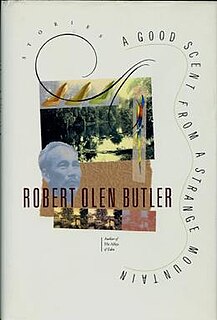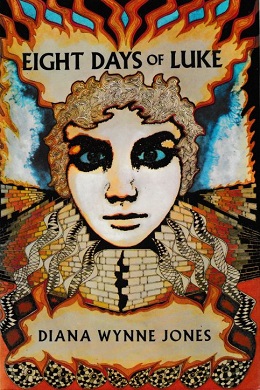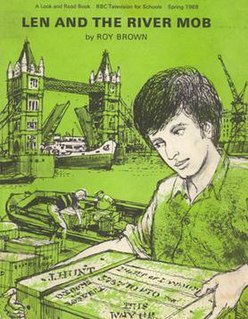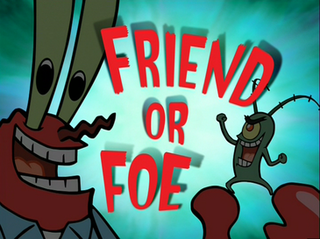This article needs additional citations for verification .(June 2009) (Learn how and when to remove this template message) |
First edition | |
| Author | G. K. Chesterton |
|---|---|
| Country | Great Britain |
| Language | English |
| Genre | Mystery short stories |
| Publisher | Cassell |
Publication date | 1936 |
The Paradoxes of Mr. Pond is G. K. Chesterton's final collection of detective stories, published after his death in 1936. Of the eight mysteries, seven were first printed in the Storyteller magazine. The Unmentionable Man was unique to the book.

Gilbert Keith Chesterton, KC*SG, was an English writer, poet, philosopher, dramatist, journalist, orator, lay theologian, biographer, and literary and art critic. Chesterton is often referred to as the "prince of paradox". Time magazine has observed of his writing style: "Whenever possible Chesterton made his points with popular sayings, proverbs, allegories—first carefully turning them inside out."
Contents
- Characters
- Stories
- The Three Horsemen of the Apocalypse
- The Crime of Captain Gahagan
- When Doctors Agree
- Pond the Pantaloon
- The Unmentionable Man
- Ring of Lovers
- The Terrible Troubadour
- A Tall Story
- Radio
- References
The stories revolve around a civil servant named Mr. Pond (we are not told his first name). He is described as a very ordinary and fish-like man who has a habit of startling those who meet him with outrageous paradoxical statements. He seems unaware of the oddness of his remarks, and his friend Sir Hubert Wotton explains: "he looks a very sedentary, scientific little cuss... but he's really had very extraordinary experiences. He doesn't talk about them; he doesn't want to talk about them... but when, in the course of talking in the abstract he comes on some concrete thing that he has actually done – well, I can only say he crumples it up. He tries to crush it into a small space and it simply sounds contradictory. Almost every one of those crazy sentences simply stands for one of the adventures in what would be called by most people a very unadventurous life." [1]

A paradox is a statement that, despite apparently valid reasoning from true premises, leads to an apparently-self-contradictory or logically unacceptable conclusion. A paradox involves contradictory-yet-interrelated elements that exist simultaneously and persist over time.
Chesterton himself was well known for using paradox in his writings, [2] but in one story he explains that his kind of paradox is different from Mr. Pond's:
- Paradox has been defined as "Truth standing on her head to get attention." Paradox has been defended; on the ground that so many fashionable fallacies still stand firmly on their feet, because they have no heads to stand on. But it must be admitted that writers, like other mendicants and mountebanks, frequently do try to attract attention. They set out conspicuously, in a single line in a play, or at the head or tail of a paragraph, remarks of this challenging kind; as when Mr. Bernard Shaw wrote: "The Golden Rule is that there is no Golden Rule"; or Oscar Wilde observed: "I can resist everything except temptation"; or a duller scribe (not to be named with these and now doing penance for his earlier vices in the nobler toil of celebrating the virtues of Mr. Pond) said in defence of hobbies and amateurs and general duffers like himself: "If a thing is worth doing, it is worth doing badly." To these things do writers sink; and then the critics tell them that they "talk for effect"; and then the writers answer: "What the devil else should we talk for? Ineffectualness?" [3]
In four of the stories Pond is induced to tell the dramatic tale which lies behind a baffling paradox; in another, "Pond the Pantaloon", Wotton tells the story. In two more, "The Crime of Captain Gahagan" and "The Terrible Troubadour", Pond's keen mind arrives at the truth when his friend Gahagan is accused of murder. In "Ring of Lovers" Gahagan tells a true story and trusts to Pond to guess the secret behind it.
These stories written at the end of Chesterton's career contain narrative stretches and improbabilities, but they do not lack his familiar flashes of insight. In the story The Crime of Captain Gahagan Chesterton observes, through the character of Mr. Pond, that "Love never needs time. But friendship always needs time. More and more time, until up past midnight."
















